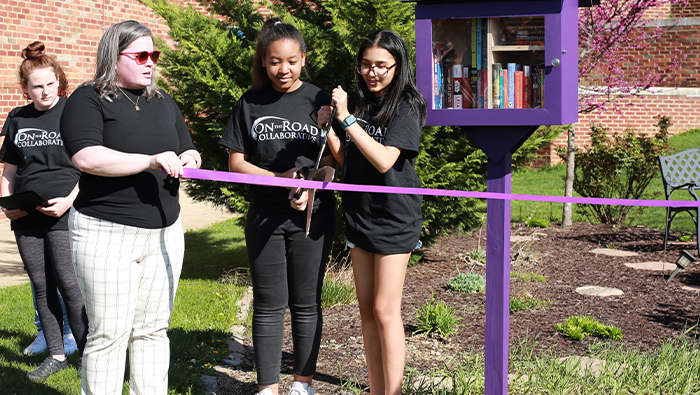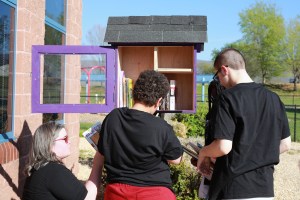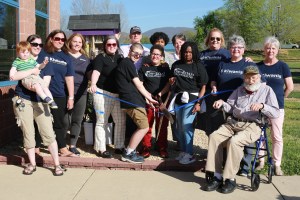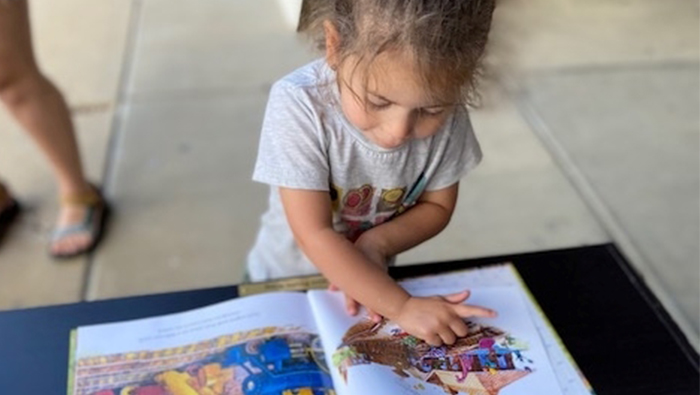
Kiwanis partner boosts literacy and language skills
A matching grant from Reading Is Fundamental is helping one Kiwanis club expand its local books program.
By Tony Knoderer
Together, education and literacy comprise one of the causes of Kiwanis International. Among the most ardent supporters of that cause is the Kiwanis Club of Kernersville, North Carolina, U.S.
When awarded a matching grant of US$6,000 by Reading Is Fundamental (RIF) earlier this year, the club was able to expand the scope of its primary goal: to put books in the hands of as many children as possible.
A Kiwanis partner, RIF awarded 90 matching grants to various organizations during its most recent grantmaking cycle. The grant to the Kiwanians in Kernersville is helping promote literacy — along with attendance, good behavior and multicultural opportunity — to a wider sector of its community.
HEROs and Cape Crusaders
With the RIF grant, the club is expanding a pilot program that it’s currently conducting in Kernersville Elementary School. The club seeks to introduce the program to four additional schools during the upcoming school year.
At Kernersville Elementary, students from each of the school’s grade levels (Kindergarten through fifth grade) are eligible to select a book from the Literacy Library bookcase in the school’s main hallway. Eligibility is subject to attendance and behavioral criteria: A student must either be designated as a HERO (Here, Every Day, Ready, On Time) or recognized by a teacher as a “Cape Crusader” for improved classroom behavior and citizenship.
Each of the four additional schools will determine its own program criteria, and each Literacy Library bookcase will fit the school’s décor.
In addition to the RIF grant, the Kernersville Kiwanis Club secured matching funds from local businesses and community members to build custom-made bookcases for each school.
Getting parents involved
Kernersville Elementary School has 207 multi-lingual learners out of a student body of 660 students. In the district as a whole, nearly 15% of students are multi-lingual learners.
The club shapes its service to the demographics of its area by including Spanish-language and bilingual books.
In fact, the program will help promote English classes that some area schools hold for parents. The club will include a copy of RIF’s online Family Tip Sheet to encourage parents to read with their children — as well as a simple form for the parent to sign, indicating that the child read the book with them. At school, the child can exchange this form for a sticker that reads, “I Read a Book with My Family.”




